Ruth Rogers, Victoria Sayles, Rose Redgrave and Katherine Jenkinson are playing string quartets to Burmese refugees on the Thai-Burma border. This is their third blog entry for The Strad website, written by Ruth Rogers
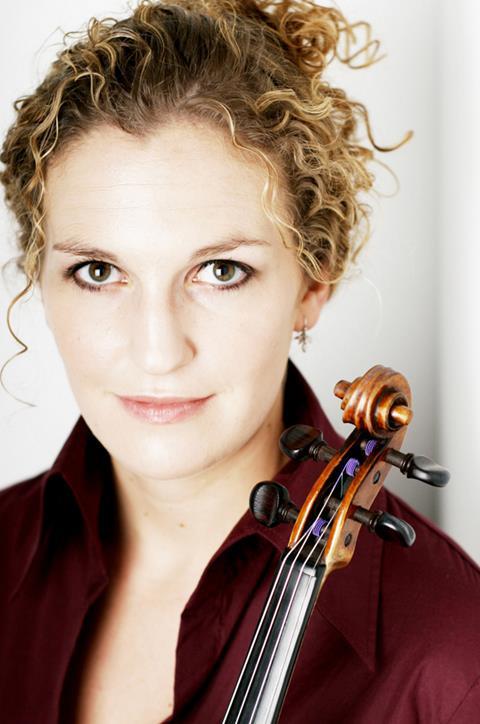
I would hate to sound like a broken record but today has been another wonderful day. After a long, bumpy, hot and windy drive with six of us crammed into the back of a pick-up truck, we arrived at an orphanage and college very near the Burma border. So near, in fact, that we could have jumped into a rowing boat to cross a river into Burma but decided it was an unnecessary risk without the correct documentation, and we also questioned whether we could fit a cello into a small boat.
We climbed out of the car with bruised ribs, windswept hair and sunburnt faces. Every day has been a test of our stamina; maintaining this level of intensity and emotion with such a busy schedule has not always been easy. But I am so proud of my dear friends and colleagues as they have been so brilliant. As all musicians know, when you have to produce the goods, you just do. Even when you feel very tired, the adrenalin kicks in and sees you through. This was one of those times when I felt battered and bruised by the journey, but somehow found fresh energy as soon as I saw the students.
There were about 40 young people in their late teens and early 20s, and there was a positive energy about this place that we were all immediately struck by. They seemed instantly ensconced by the music and listened intently. We explained the different instruments - their age, what they are made of and how long ago they were made; and about bowing and pizzicato. We also showed them an undone bow with its slack horse-hair and performed a very cheeky rendition of Strauss’s Pizzicato Polka. We are becoming bolder every day in our performing! When we played the slow movement of Dvorak's 'American' quartet, one young man told us that it made him imagine a boat sailing on calm waters with birds soaring overhead. Another told us that he felt lonely, he felt marooned on a desert island and missed his loved ones. Many of them were reluctant to tell us how the music made them feel and I have subsequently learned that the Karen people do not like to talk about their emotions.
There was fun and laughter too. One man did the bowing for the cello part of Pachelbel's Canon while Katherine did the fingering and the others thought this was hilarious. We witnessed many smiles and cries of delight. After we'd whizzed through a flamboyant finale of Haydn, we were treated to a song that they wanted to share with us. Then we handed out a bar of soap and a tube of toothpaste to each and every one of them and passed round an enormous tin of biscuits. I would like all the people who donated to this trip to know that not only were these young people able to enjoy biscuits thanks to their donations, but they were even able to clean their teeth afterwards!
After that we played to all the small children, who sat in lines in absolute silence before we started. They were immaculately behaved, almost worryingly so. We soon shattered the silence with musical statues, Row Row Row Your Boat, Heads, Shoulders, Knees and Toes and the hide-the-scarf game, and the kids were utterly adorable. Grubby little faces stared up at as, puzzled at first, then mesmerised, and later grinning from ear to ear. One little one fell over in one of the games and quietly cried until a teacher picked him up. We were all worried about him but as soon as we started playing again, he stopped crying and listened, wide-eyed and fascinated. I really have never seen such beautiful children with such extraordinary composure. Some of them were so young. I really struggled when we had to leave as I wanted to take them all home with me. Our time is going so quickly now and I don't want it to end. I feel so inspired by the hope that these people seem to have despite their extraordinary suffering and I feel so glad that music seems to have such an effect on them. For all of you who are reading these blog entries and taking an interest, thank you so much. It really matters.
Ruth Rogers


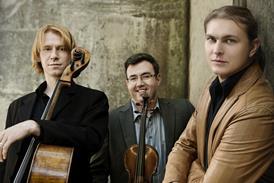

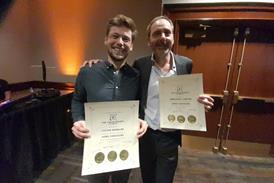





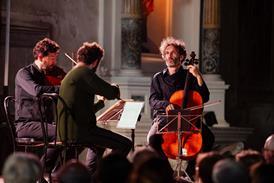

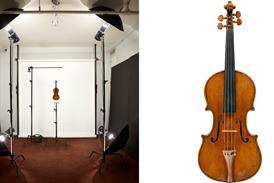


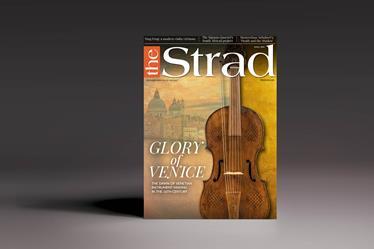






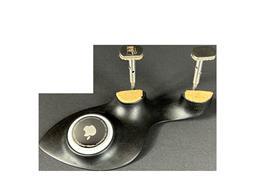









No comments yet